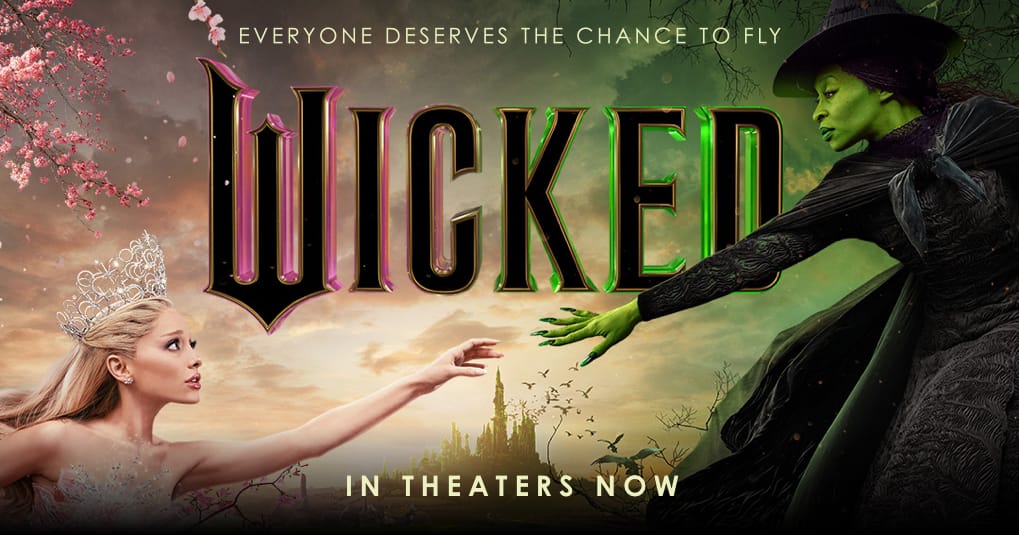Alt-J’s early albums were a revelation, where literature met melody and turned pop music into art.
Their first two albums—An Awesome Wave and This Is All Yours—hit like lightning. They were smart and sharp, full of stories and strange beauty. These were not just albums. They were novels written in sound. Each track had a spine and chapters, characters and plots. This wasn’t background music. It was music that demanded you stop, listen, and think.
“Matilda,” from An Awesome Wave, is a quiet masterpiece. It’s an ode, a lament, a whisper. You don’t have to know it’s about Natalie Portman’s character in Léon: The Professional, but when you do, the song deepens.
And then there’s “Fitzpleasure.” A thunderclap of sound. It starts sparse and strange and builds into something huge. You feel it in your chest. Inspired by Last Exit to Brooklyn, it paints the gritty and the violent with a brush soaked in poetry.
The same brilliance carried into This Is All Yours. Tracks like “Nara” and “Every Other Freckle” showed the band’s ability to blend intimacy with grandeur. Their lyrics were dense with meaning, but the music never felt weighed down. Alt-J’s ability to balance complexity with accessibility was unmatched.
But something changed.
Their third album, Relaxer, wasn’t bad. It had its moments—“In Cold Blood” is a clever, catchy tune. But it felt different. Less literary, more hook-driven. The band seemed to lean into simpler pleasures.
By their fourth album, The Dream, this trend solidified. Tracks like “U&ME” have an easy, breezy quality, but they don’t linger in the mind the way their earlier songs did.
There’s no shame in this shift. Catchy hooks are their own kind of craft. But the hyper-literary magic of their debut is what made Alt-J special. That’s what set them apart, made them singular. Without it, they’re merely good, not great.
Alt-J still crafts a good tune, but the spark of genius that lit their first two albums is what lingers.



